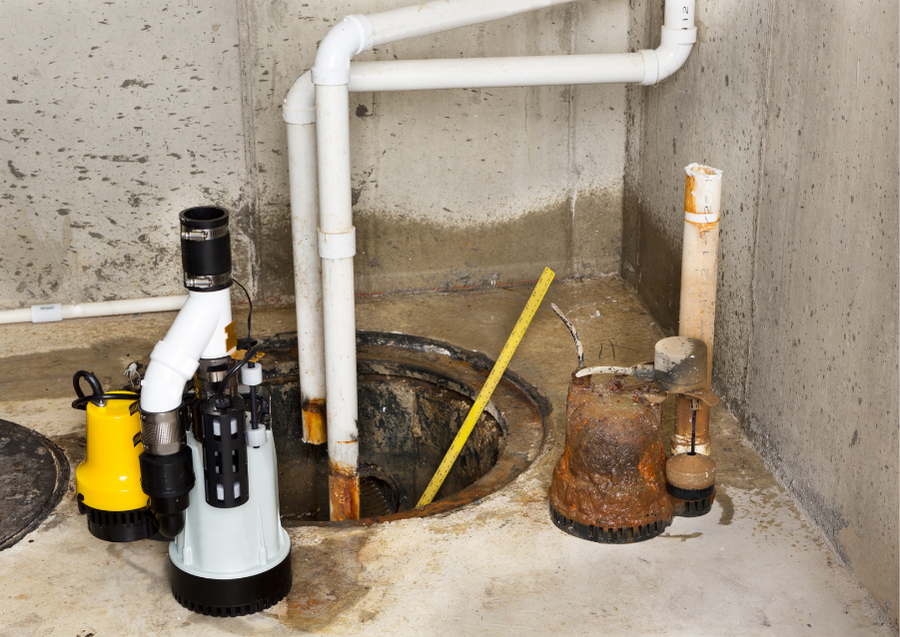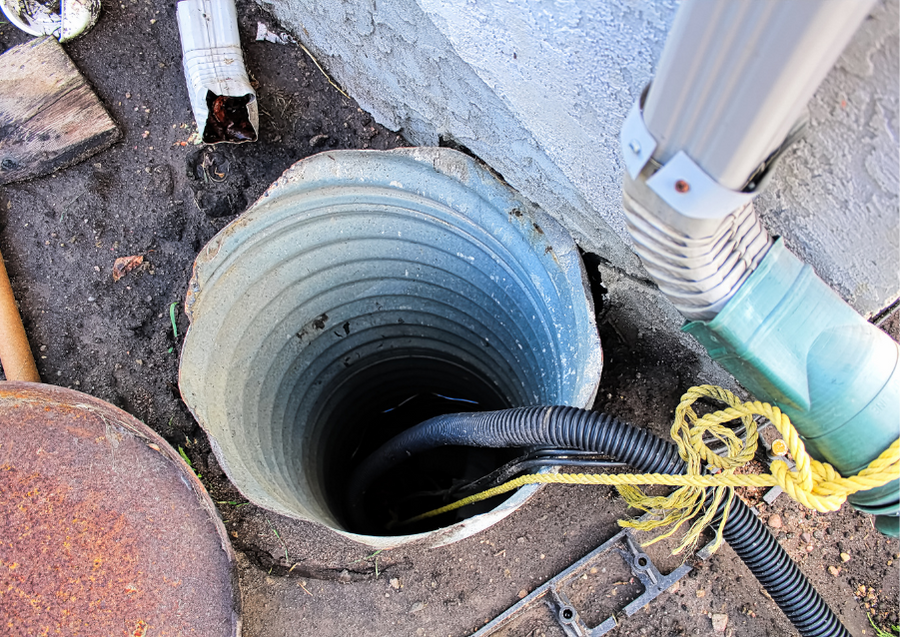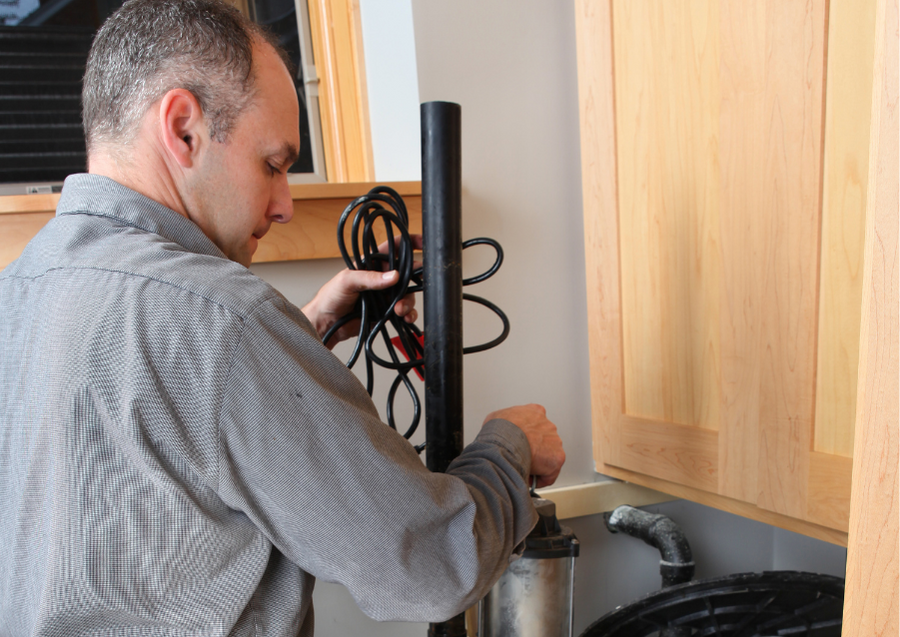
When you live in an area that gets plenty of rain or are close to a body of water, you need a sump pump for your basement. It helps remove the extra water from the home and safely away from it. However, if you choose the wrong size sump pump, you might not be fully protected.
It’s crucial to find the right sump pump and determine if you need a backup sump pump, as well. Keep reading below to learn more.
What Is a Sump Pump?
A sump pump is a device installed in a sump pit (sump basin) that’s dug at the lower point of the house, such as in a crawl space or basement. Usually, submersible sump pumps are the best choice, but they’re not created equally. You have to consider the pumping capacity and sump pump size to ensure that it works for your house.
[Read: How Does a Sump Pump Work? | Important Details to Consider]
Why Do You Need a Sump Pump at Home?

Sump pumps eliminate moisture in the house and prevent flooding. Generally, they’re used for homes with basements.
You dig sump pits for each device and install a submersible sump pump to collect extra water from the discharge pipe and move it away from the house.
What Size of Sump Pump Do You Need?
It’s complicated to determine the correct size sump pump for your home. There are several factors to consider, so it’s best to hire a professional to help you figure out what you require.
Here are the things to focus on for the right sump pump size:
- Capacity Needed – You must calculate the capacity to tell you how many gallons are moved in one hour. If it’s too low, the pump doesn’t remove as much water as necessary. The water recedes slower and flows faster. We can help you calculate gallons per hour.
- Horsepower – The sump pump’s motor power is also a factor. Horsepower determines how powerful submersible sump pumps are and range from 1/2 to 3/4 HP.
- Static Head or Vertical Lift – The vertical lift is the height your water has to travel through a discharge pipe. You measure the distance from where water comes into the pump to where the line changes to horizontal.
- Friction Head – When water moves through the discharge area, it creates friction because the liquid rubs the sides. The submersible pump has to overtake that, or it slows down water flow and could overflow the sump pit or your basement.
[Related: How Much Does Sump Pump Installation Cost in Arizona?]
FAQs

Do I Need a 1/3 or 1/2 HP Sump Pump?
Usually, 1/3 HP motor power is enough. However, if you live in a flood-prone area, you may choose 1/2 or even 3/4 HP. To be safe, consider one that overperforms. That higher pumping capacity will keep you going in all situations.
How Do I Know What Size Sump Pump I Need?
The first step is to decide between a submersible and a pedestal pump. Then, you have to figure out how many gallons per hour you require and make sure your system can handle that.
Some homeowners have a primary pump and backup pumps with drainage connected to each. That means they’re protected if there’s a significant amount of rainfall or the water rose too quickly on a rainy day.
Is a 1/2 HP Sump Pump Too Much?
If your home has an above-average water table, you will probably need the 1/2 HP pump. It pumps roughly 35 to 40 percent more water than the 1/3 HP pedestal pumps.
Generally, if the water rises higher than normal, the 1/3 HP version can handle a high vertical lift whenever it’s discharging water. However, a 1/2 HP pump can tackle 7 to 10 feet higher, even if there’s a 90-degree elbow and the horizontal pipe runs 3 to 25 feet.
Can Sump Pumps Be Too Powerful?
Yes, pedestal and submersible pumps could be too powerful. They may stop and start frequently, leading to premature failure over time.
[Read: How Often Should a Sump Pump Run?]
How Many Years Does a Sump Pump Last?
Most sump pumps last about 10 years with proper maintenance. However, many people don’t realize there’s a problem until they stop altogether. Then, water damage is more likely to occur. It’s best to get routine maintenance each year and replace an old pump with a newer model if advised by the professional.
What’s a Sump Pit?
The sump pit is the hole that collects water. It’s often found in the basement, and the liquid gets pumped out once it reaches the shutoff level.
Get the Right Sump Pump Size for Your Home
If your region experiences heavy rain and you have a basement, it’s crucial to find the right pump for your needs. That excess water needs a place to go, and it’s a huge safety factor in protecting your investment.
Stellar Plumbing can help you find the right horsepower for your sump pump to ensure that it pumps out enough gallons of water to prevent flooding. Reach out to our plumbers today to get started or learn more about our services!
